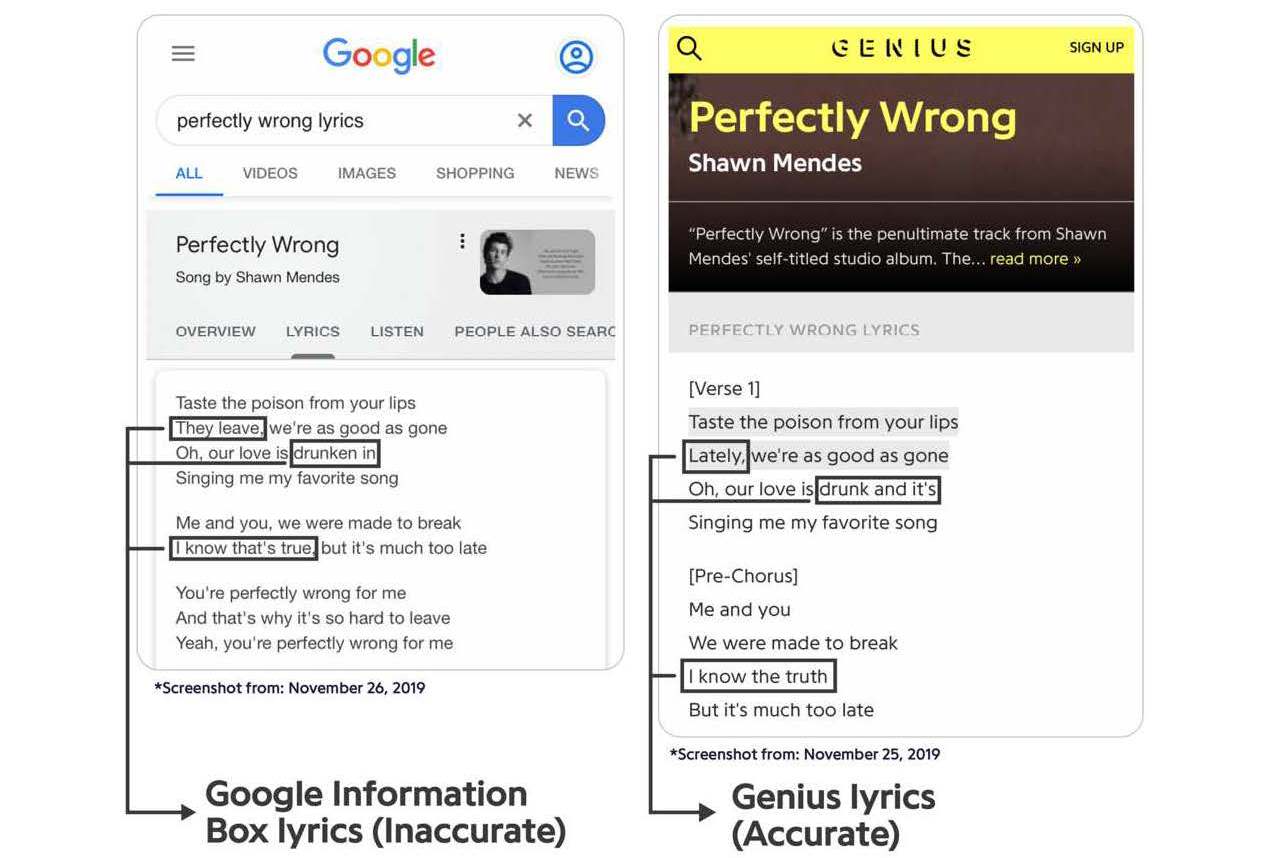In 2008, Congress passed the Prioritizing Resources and Organization of Intellectual Property Act of 2008 (“PRO IP Act”) for the “critical” purpose of “improving IP enforcement both domestically and internationally.” Among other changes, the PRO IP Act created the position of Intellectual Property Enforcement Coordinator (“IPEC”) within the Executive Office of the President.
Comments closed
